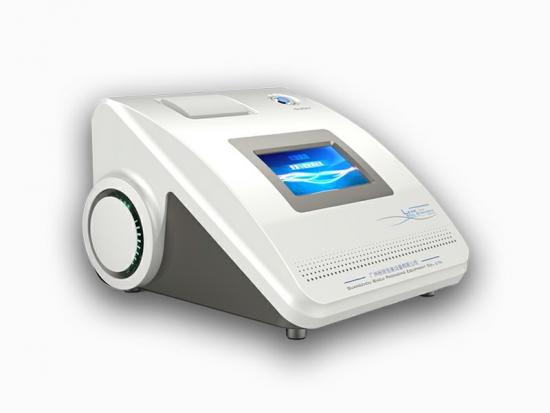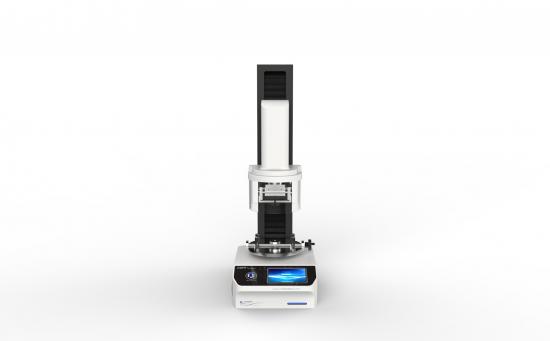The integrity of the packaging material during the transport of the product is very important for the manufacturer.
1. Protecting products from damage: During transportation, products may be affected by various adverse factors such as extrusion, collision, vibration and humidity. If the packaging material is not strong enough or does not have good cushioning properties, the product may be damaged during transport, leading to quality problems and customer dissatisfaction. The right packaging material can provide protection and ensure that the product remains intact during transportation.
2. Enhance product image and brand value: The packaging of the product is the part that comes into contact with the customer for the first time. Good packaging can leave a good impression on the customer and enhance the image and brand value of the product. If the packaging material is damaged, dirty or unattractive, it may leave an impression of poor quality to the customer and even have a negative impact on the brand image. Keeping packaging materials in good condition is therefore essential to enhance the image of the product and the value of the brand.
3. Reduce financial losses: If products are damaged in transit, companies may have to bear additional costs such as the cost of returning, repairing or re-producing them. In addition, they may also face delays in delivery, customer complaints and damage to their reputation, which can have an impact on the sustainable operation of the business. By ensuring that packaging materials are intact during transport, these financial losses can be reduced and smooth business operations can be ensured.
In summary, the integrity of packaging materials during the transport of products is of great importance to manufacturing companies. It not only protects the product and reduces damage and economic losses, but also enhances the image and brand value of the product and contributes to the sustainable development of the company. Therefore, enterprises should pay attention to the selection and quality management of packaging materials to ensure that products are effectively protected during transport.
Protecting the packaging of manufactured products is an important part of ensuring that products are protected from damage during transport and storage. To ensure the quality and reliability of packaging, packaging laboratories perform various tests to assess the performance of the packaging. The following are some common packaging laboratory tests:

1. Compressive strength test: This test is used to assess the strength and stability of a package when subjected to pressure. The packaging is placed on a test machine and gradually increasing forces are applied to measure the maximum pressure it can withstand.


support, fully automatic operation, equipped with color touch screen, real-time display of test curves Data and test reports can be queried, and the test is convenient and fast;the control measurement unit can be built-in or external, with perfect limit protection,overload protection, emergency stop and other safety .It is suitable for tensile, peeling, heat sealing, tearing, puncturing, compression,bending, shearing and other tests of various metal and non-metallic materials, and then calculates parameters such as breaking strength and elastic modulus of materials, and can also be used in the medical industry It is an indispensable testing equipment for physical property testing, teaching research, quality control, etc.

 info@gbtest.cn
info@gbtest.cn



 en
en ru
ru es
es ar
ar





